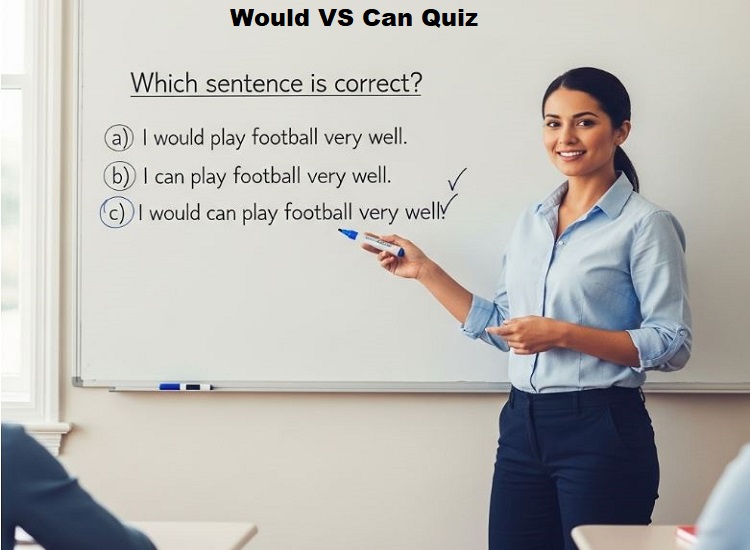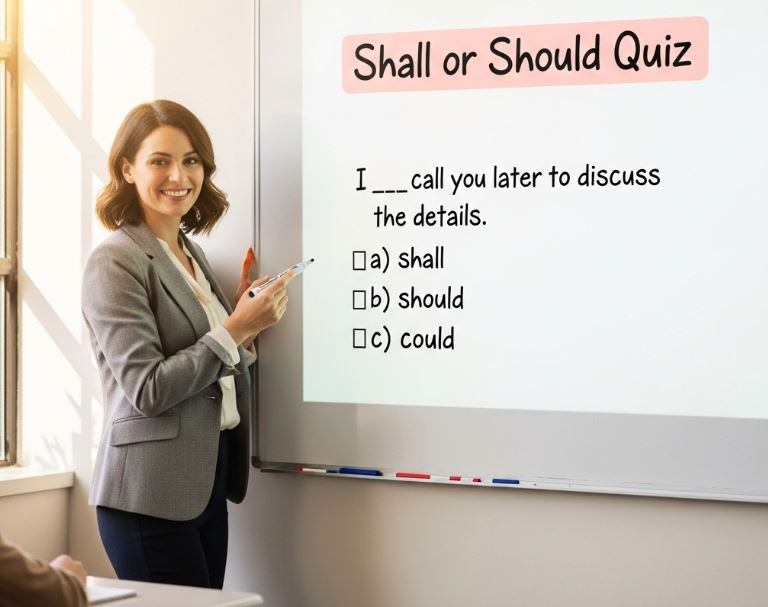English Grammar Quizzes
Mastering English grammar is essential for anyone learning the language, and one of the most effective ways to reinforce your knowledge is through quizzes. Whether you’re a beginner or an advanced ESL learner, grammar quizzes offer a fun, interactive way to test your understanding and identify areas that need improvement. In this collection of English … Read more










